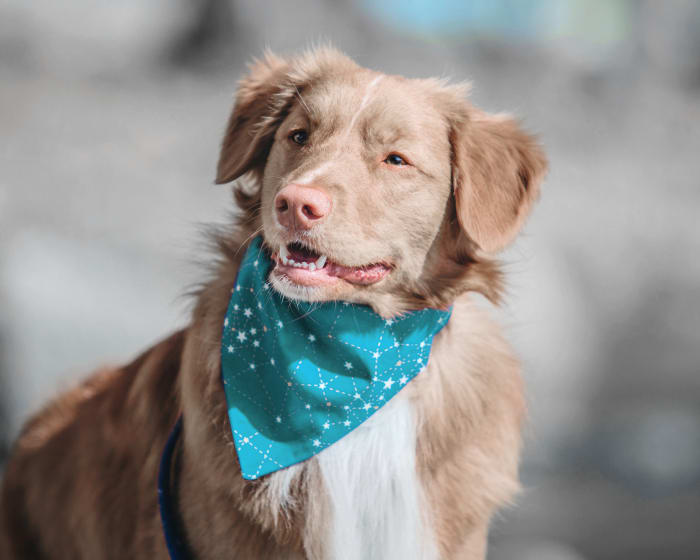What are soft tissue surgical procedures?
Soft tissue surgery encompasses the majority of surgical procedures that do not fall under the umbrella of Orthopedic Surgery.
We offer soft tissue surgical procedures for dogs and cats suffering from ear, nose and throat disorders, as well as cardiothoracic, hepatic, gastrointestinal, urogenital, skin and oncological disorders.
All of our surgeries take place in state-of-the-art surgical suites under the expert care of our veterinarian team. Patients are continuously monitored throughout all procedures.

Soft Tissue Procedures At Lake Norman at Mooresville Animal Hospital
Our experienced, compassionate veterinarians will aim to make every surgery as stress-free as possible for both pet and owner.
We'll explain why we are recommending surgery so you can make an informed decision about your pet's health care and provide you with all the preparation and post-operative instructions you need.

Soft Tissue Surgery FAQs
- What happens during the consultation appointment?
During the pre-operative consultation, we will review your pet’s medical history and perform a physical examination, appropriate blood work, and any other diagnostic tests that are needed to determine the nature of your pet's condition.
Diagnostic testing may include radiographs (X-rays), CT scans, ultrasounds, and biopsies. Once the results are back, a surgery plan is made and discussed with you.
- Do the consultation appointment and surgery happen on the same day?
No. The consultation appointment is a pre-operative exam that your animal must undergo before surgery. Once any diagnostic test results have come back from our lab, a surgery appointment can be scheduled.
- How long does the surgery take?
Surgeries usually last between two to four hours. The duration depends on the type of surgery being performed and on your pet’s specific condition.
- Does my pet have to stay overnight?
Whether or not your pet needs to stay overnight depends on the type of procedure being done and how quickly your pet recovers after anesthesia. Your pet may be able to go home the same day or we may recommend your pet stay overnight so they can be monitored while they recover.
Talk to your vet about the specific procedure your pet is having for more information.
